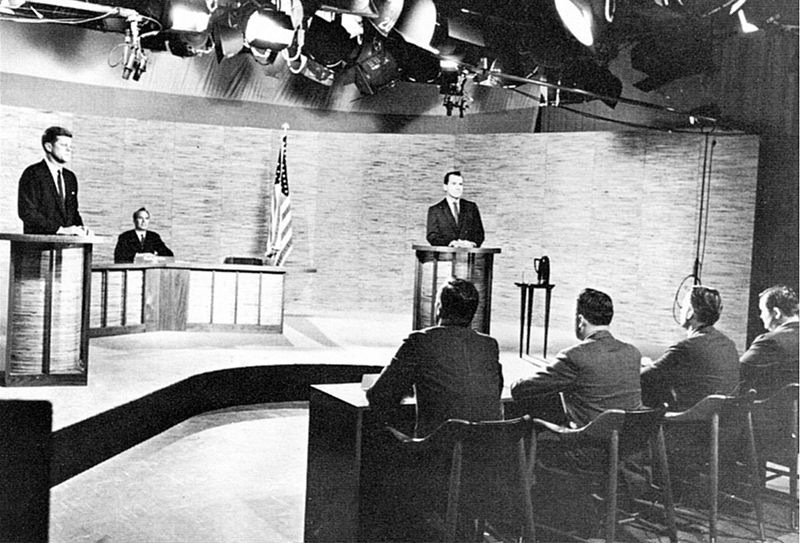One of the key features of modern western nations is how stable politics is with very few major parties being less than fifty years old and many boasting a history lasting back a century or more.
Now in the US and Australia we’re seeing the slow motion implosion of the established parties of the reactionary side of politics – it would be misleading to describe the schoolboy ideologies of most American Republicans or Australian Liberals as being ‘right wing’.
Tony Wright in the London School of Economics blog asks What Comes After the Political Party?
Wright’s view is political parties are doomed to extinction as their memberships dwindle and this is an opinion shared by many watching the declining participation in formal politics over the last fifty years.
One result of that declining participation has been the steady increase in power of the machine apparatchiks who’ve increasingly replaced boots on the ground with corporate funding.
The consequence of that increase in power has been a steady disconnect between the concerns of the electorate and the priorities of the party leadership.
In the US that disconnect resulted in the Republicans blindsided by the rise of Donald Trump and the Australian Liberal Prime Minister increasingly looking like Grandpa Simpson as his party shuffles towards what increasingly looks to be a ballot box disaster.
Both parties are likely to rip themselves apart as the contradictions of the modern reactionary movement – dismantling public services while increasing government powers – come home to roost with the ideologues and pragmatists within the organisation fighting bitterly.
The truth is political parties are no more permanent than businesses, or indeed nations, and in a time of economic change it isn’t surprising old parties die and new ones are formed.
While political parties won’t cease to exist, the new political parties that will rise from the wreckage of today’s will be different in both their philosophies, organisation and membership.
Parties that were formed in the horse and carriage days or the early era of newspapers and radios are always going to find the internet era to be a challenge, that they are being run by men whose political theories haven’t moved for fifty years only guarantees their demise.
In many ways, what’s changing politics is exactly what’s changing business. However the politicians and their supporter seems far more oblivious to change than their commercial counterparts.

Leave a Reply